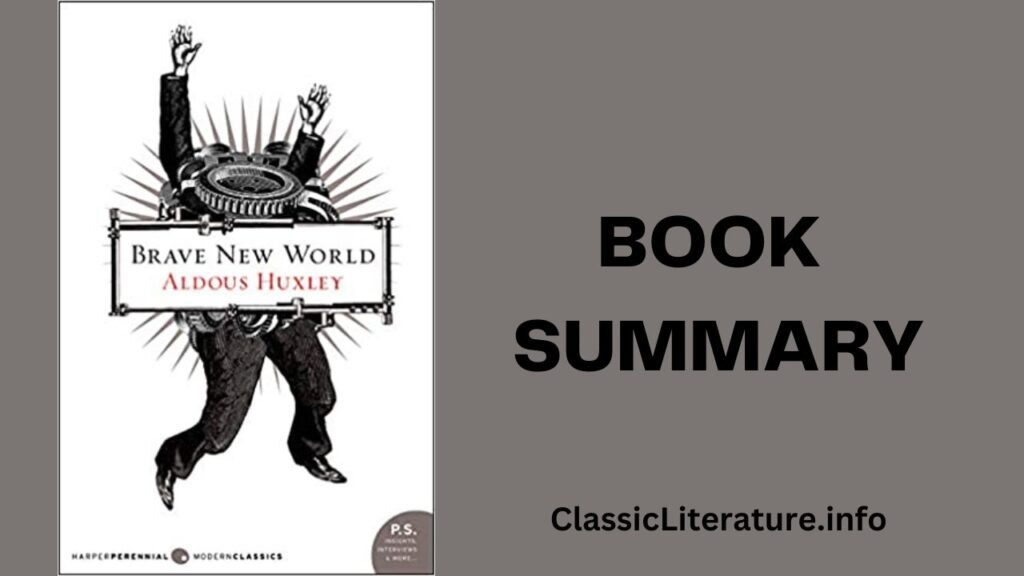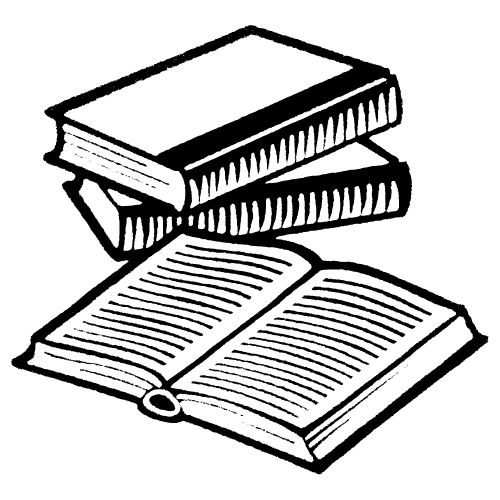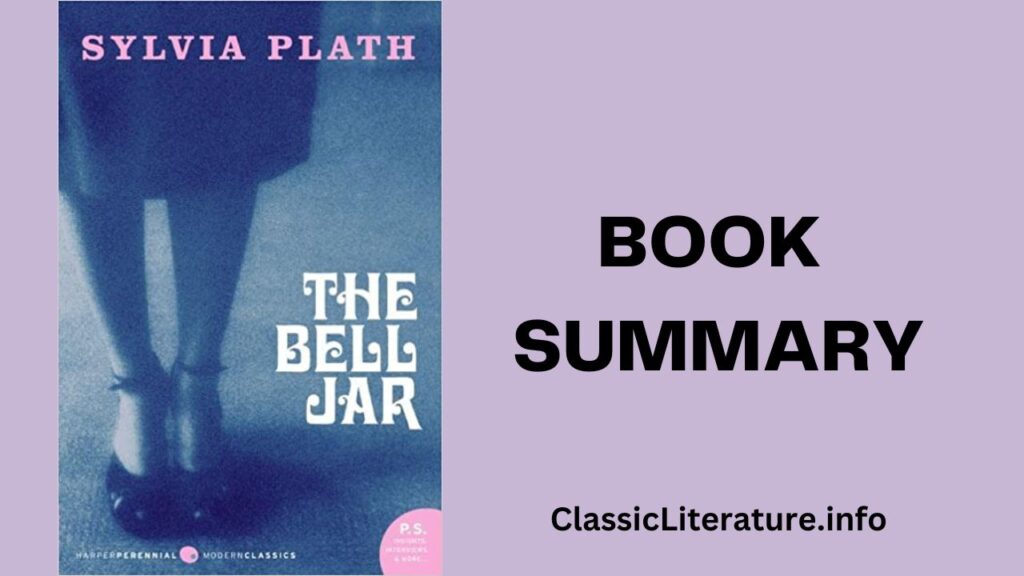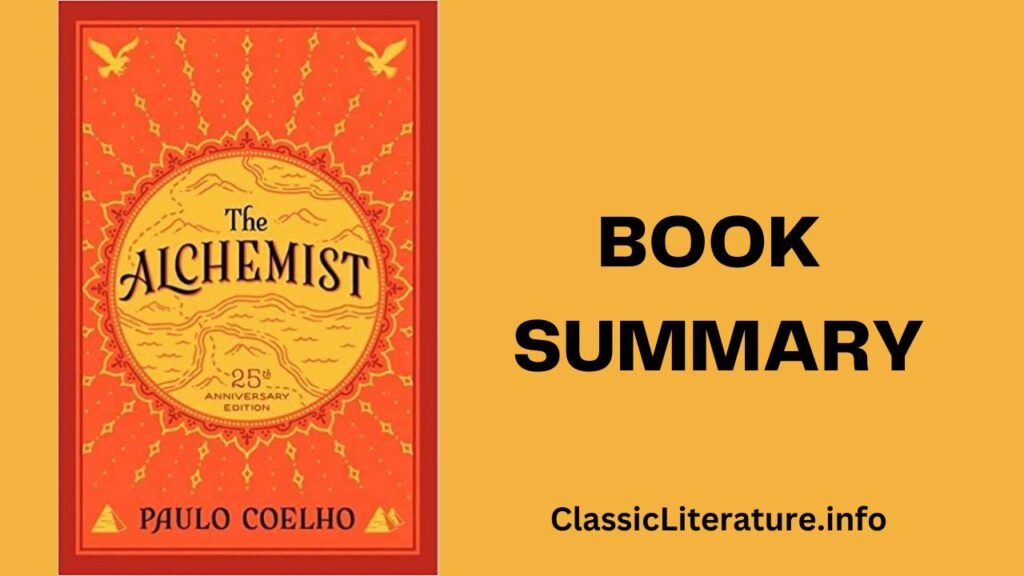
“Brave New World” by Aldous Huxley is a dystopian novel that presents a chilling vision of a future society where technology, pleasure, and conformity reign supreme. Set in the year AF 632 (After Ford), the story unfolds in a world where humans are genetically engineered, divided into social classes, and conditioned to uphold the principles of stability and happiness.
The main plot revolves around the central character, Bernard Marx, an Alpha Plus individual who questions the stifling conformity of his society. As he encounters John, a “savage” from a reservation outside their controlled civilization, Bernard becomes increasingly disillusioned with the superficiality and lack of individuality in the World State. John’s arrival disrupts the established order and challenges the values and ideals of the citizens.
“Brave New World” is replete with thought-provoking quotes that shed light on the themes and critiques present in the novel. Some notable quotes include:
- “Community, Identity, Stability” – This slogan encapsulates the fundamental principles of the World State, emphasizing the importance of conformity and social cohesion.
- “Actual happiness always looks pretty squalid in comparison with the overcompensations for misery.” – Huxley highlights the trade-off between genuine happiness and the pursuit of pleasure and comfort in the dystopian society.
- “You can’t make flivvers without steel—and you can’t make tragedies without social instability.” – This quote underscores the idea that a perfect society devoid of suffering and challenges may lack the depth and richness of human experience.
Why “Brave New World” is a Must-Read:
“Brave New World” is a must-read for several reasons. First, it presents a dark and cautionary vision of a future society that challenges our notions of individuality, freedom, and happiness. Huxley’s portrayal of a world where technology and pleasure are used as tools of control and oppression forces readers to question the price of a utopia built on the suppression of human nature.
The novel explores themes such as the dangers of a consumerist society, the loss of individuality, the value of intellectual and artistic expression, and the consequences of trading personal freedom for security. Huxley’s insightful social commentary and his ability to anticipate the potential implications of scientific and technological advancements make “Brave New World” a thought-provoking and relevant read even in the present day.
Get Paperback or Kindle version of the book <–
Reader Reviews:
- “A haunting and prophetic masterpiece! ‘Brave New World’ is a chilling portrayal of a society enslaved by their own desires and pleasures. Huxley’s vivid and imaginative storytelling grips you from the start. The themes explored in the novel, such as the loss of individuality and the dangers of unchecked technological advancement, are as relevant today as they were when the book was first published. A must-read for fans of dystopian fiction and those interested in exploring the potential dark side of progress.” – Lisa, Goodreads.
- “Huxley’s writing is brilliant, and ‘Brave New World’ is a thought-provoking novel that raises important questions about the price of happiness and the limits of human control. The world he creates is both fascinating and disturbing, and the characters are complex and memorable. However, the pacing can be slow at times, and the philosophical passages may be challenging for some readers. Nevertheless, the book’s ideas and themes make it a classic that deserves to be read and contemplated.” – Michael, Amazon.
- “A powerful and unsettling book! ‘Brave New World’ challenges the reader to examine the consequences of a society driven by pleasure and superficiality. The characters are well-developed, and the world-building is exceptional. However, some may find the narrative structure disjointed, and the ending leaves room for interpretation. Nonetheless, this novel is a must-read for anyone interested in dystopian literature and the exploration of human nature.” – Sarah, Barnes & Noble.
Overall Conclusion:
“Brave New World” is a thought-provoking and relevant novel that continues to captivate readers with its dystopian vision and profound themes. While some readers may find the pacing slow or the philosophical passages challenging, the book’s social commentary, memorable characters, and exploration of the human condition make it a must-read for fans of dystopian fiction, philosophical literature, and those interested in the consequences of unchecked technological progress.
Brief Information about the Author:
Aldous Huxley (1894-1963) was an English writer and philosopher. He was born into a prominent intellectual family and pursued a career as a writer, exploring a wide range of genres including novels, essays, and poetry. Huxley’s works often delved into themes of technology, society, and the human condition. In addition to “Brave New World,” he is known for his influential book “The Doors of Perception,” which discusses his experiences with hallucinogenic substances. Huxley’s writing style is characterized by its wit, social commentary, and insightful exploration of human nature. His works continue to be studied and celebrated for their intellectual depth and relevance.



